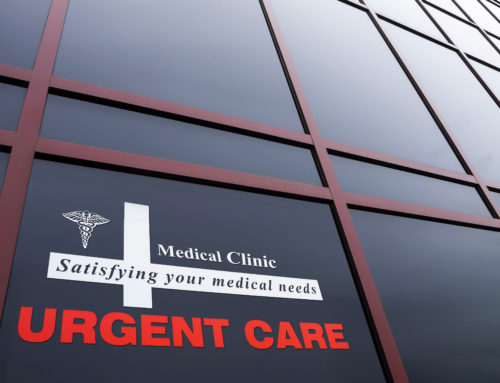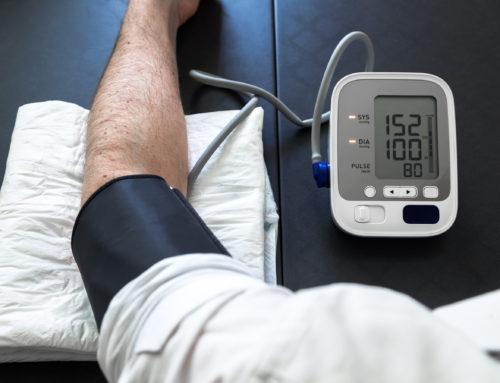When tax season rolls around, one of the top priorities on your to-do list should be tax deductions. And if you’ve spent any time in the hospital or paid other medical bills, there are a treasure trove of deductions. Many people don’t know whose medical bills are deductible. Hospital bills, medical expenses, and dental bills can be deducted from your adjusted gross income. The guideline is that anything above 7 ½ percent of your adjusted gross income is deductible. But, only if you itemize your tax deductions rather than taking the standard deduction.
What Medical and Dental Expenses Can be Deducted?
There is a long list of qualifying medical expenses. For the full list, see IRS Publication 502. Common hospital and other medical expenses that are deductible include:
- Yearly physical exams
- Ambulance and other medical professional transportation
- Diagnosis and cure
- Medical equipment, medical diagnostic devices, and supplies
- Medicine, treatment, and prevention
- Travel expenses to and from treatment
- Dental treatment
- Physical therapy
- Chiropractor
- Psychologist
Besides general hospital services, you can deduct any fees for using the operating room, including anesthetist fees. Lab tests, such as urinalysis and blood tests are also deductible. The purchase of wheelchairs, crutches, and hearing aids are tax deductible. If you pay for your own healthcare insurance, you’re allowed to deduct any premiums you pay. You can also deduct any premiums for Medicare A.
Medical, hospital and dental expenses that are not deductible according to Uncle Sam include elective cosmetic surgery, non-FDA approved medicine, Medicare tax payments, and funeral-related expenses. This includes tummy tucks and breast augmentations. Keep in mind that the IRS updates its list of what’s tax deductible and what’s not, so it’s wise to keep updated.
Hospital Bills and Gift Taxes
Medical emergencies can leave one in a difficult situation financially, so it’s not uncommon for family members to help each other out. If you chip in for a family member’s hospital bill, you may be eligible for a tax deduction. At the same time, you may be left with a gift tax bill. So, here’s the deal. If you pay for a family member’s hospital bill, write a check directly to the hospital to avoid that gift tax. Money paid directly for medical bills is excluded. As of 2013, it is permitted to gift up to $14,000 without triggering gift taxes.
Important Tips for Deducting Medical Expenses
Hospital bills, prescriptions, and other medical expenses can quickly tally up, even after insurance pays its share. The medical expense deduction allows you to recoup some of your costs. However, there are some ground rules.
- Medical expenses must be claimed in the year they were paid. If the bills were paid via credit card, the expense must be claimed in the year it was charged to the card.
- Reimbursements from insurance companies, including Medicare, must be used to reduce the amount.
- If any medical expenses were paid from a Flexible Spending Account, Health Savings Account or Medical Savings Account, those payments cannot be used when figuring out your deduction.
- Be sure to keep all receipts from credit card statements, bank statements, and doctors verifying where you paid for medical services.
While most healthcare providers deliver safe care for patients, there may come a time that care turns negligent. If you feel that you have been harmed by a healthcare provider, you may be able to file a medical malpractice suit. Not only will you need an experienced medical malpractice attorney, you’ll need an experienced medical expert. Turn to Dr. Edward Mallory. “Dr. Edward Mallory is a residency-trained, board-certified emergency medicine physician and medical expert witness. Although he is a practicing doctor in several hospitals, the primary function of his medical expert witness business is to provide his expertise in the courtroom in order to support his clients’ testimonies. He is hired by people who believe they have been a victim of medical malpractice. He gives written or oral testimonies and “expert opinions” and his interpretation or medical record review is crucial in cases of the law involving medicine.” Learn more about Dr. Edward Mallory at https://emergencyexpertforyou.com/.




























